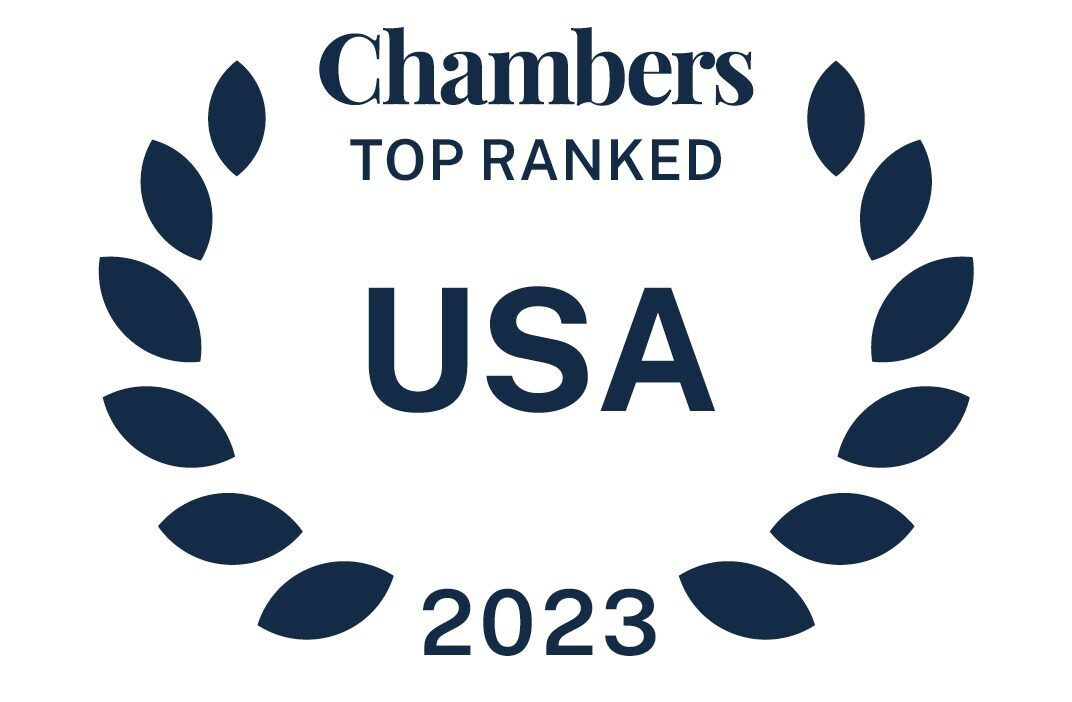Trending in Telehealth highlights state legislative and regulatory developments that impact the healthcare providers, telehealth and digital health companies, pharmacists, and technology companies that deliver and facilitate the delivery of virtual care.
Trending in the past two weeks:
- Behavioral and mental telehealth
- Coverage and payment parity
A CLOSER LOOK
Proposed Legislation & Rulemaking:
- In Illinois, HB 4475 gained another co-sponsor. If adopted, the bill would provide that a group or individual policy of accident and health insurance or managed care plan that is amended, delivered, issued, or renewed on or after January 1, 2025, or any third-party administrator administering the behavioral health benefits for the insurer, must cover all out-of-network medically necessary mental health and substance use benefits and services (inpatient and outpatient) as if they were in-network for purposes of cost sharing for the insured. The bill specifically provides that the insured has the right to select the provider or facility of their choice and the modality, whether the care is provided via in-person visit or telehealth, for medically necessary care. To date, the proposed legislation has passed the house chamber and committee.
- In Washington, the Department of Health announced a proposed rule concerning certification standards for the new, voluntary certified peer specialist and trainee credentials created by passed SB 5555 (chapter 469, Laws of 2023) for behavioral health. The proposed rule would require a certified peer specialist who provides telehealth services to take the telehealth training as specified in WAC 246-929-340.
Finalized Legislation & Rulemaking Activity:
- Missouri enacted several emergency rule amendments related to coverage under the Missouri Consolidated Health Care Plan, which provides coverage to employees and retirees of most state agencies, as well as public entities that have joined the plan. The amendments include revisions to coverage of virtual visits, non-network payments, the timing of other deposits to health savings accounts, and the right of the state plan to recoup certain deposits. Under the amendments, virtual visits offered through the vendor’s telehealth tool are covered at 100% after deductible is met unless Internal Revenue Service guidance permits them to be paid at 100% prior to deductible being met.
Why it matters:
- Use of telehealth services for behavioral healthcare continues to grow. There has been a notable trend of telehealth modalities being adopted for mental health and substance abuse care. Legislative and regulatory activity is responding to this trend with increased access, as in the Illinois proposed legislation regarding telehealth coverage parity, and increased safeguards, such as the telehealth training requirements in the Washington proposed rule. This expansion of tele-behavioral health may increase access to mental health services for those in remote or underserved communities, and may increase convenience and flexibility, in turn promoting more consistent attendance and better treatment outcomes.
- States are assessing the extent of insurance coverage and payment rates for telehealth services. Telehealth services continue to inspire debate regarding coverage parity (i.e., covering telehealth services to the [...]
Continue Reading
read more


 Subscribe
Subscribe

